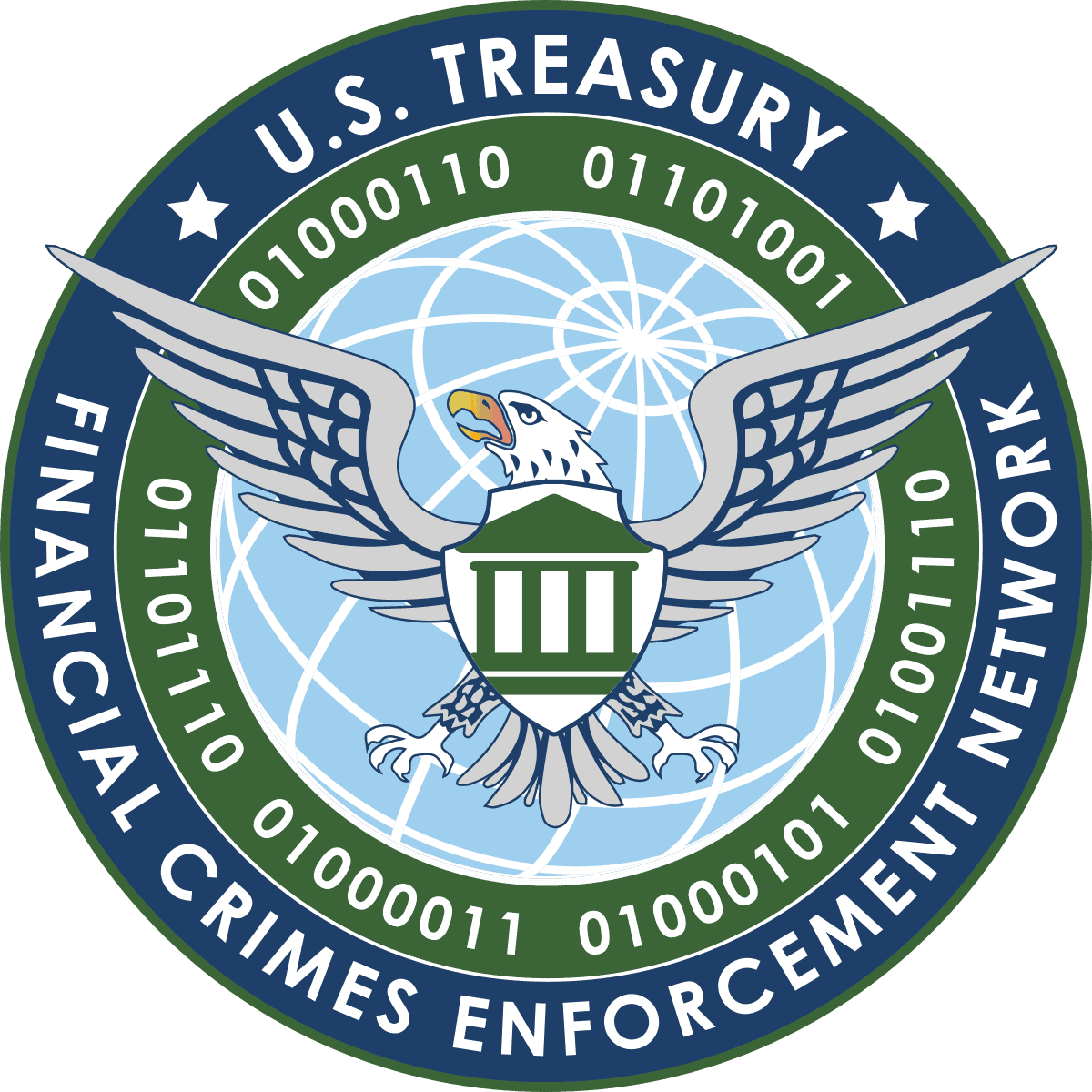Comments in Response to the Rule Proposed by the Financial Crimes Enforcement Network: Requirements for Certain Transactions Involving Convertible Virtual Currency or Digital Assets

COMMENTS SUMMARY
NCLA argues that the proposed rule exceeds appropriate constitutional limits by empowering FinCEN to exercise Congress’ exclusive legislative power. First, in reclassifying digital assets, FinCEN is not filling in details in existing law, but rather is writing new rules, on new subjects, with criminal consequences. Second, the proposed rule is not within the Executive Branch’s inherent powers, for it creates whole new types of criminal liability—a uniquely legislative prerogative.
Furthermore, the proposed rule violates the Fourth Amendment by extending the BSA’s reach to require production of sensitive financial information from those who have never voluntarily disclosed it to a financial institution, and who, like cryptocurrency owners, have been excluded from the BSA’s reach. It would unconstitutionally require disclosure of private information to law enforcement without any suspicion of wrongdoing.
NCLA urges FinCEN to recognize constitutional limits on its authority and to halt its unlawful rulemaking.
Join the new civil liberties movement. Protect Americans from the Administrative State!
DOCKET ID: FINCEN-2020-0020-0001
LITIGATION COUNSEL: Caleb Kruckenberg
GENERAL COUNSEL: Mark Chenoweth
SUBMISSION DATE: March 29, 2021
CASE DOCUMENTS
March 29, 2021 | Comments in Response to the Rule Proposed by the Financial Crimes Enforcement Network: Requirements for Certain Transactions Involving Convertible Virtual Currency or Digital Assets
PRESS RELEASES
March 29, 2021 | NCLA Comments Warn Against Treasury’s Proposed Crypto Surveillance Rule as Unconstitutional
Washington, DC (March 29, 2021) – The U.S. Treasury Department’s planned “crackdown” on cryptocurrency holders’ private wallets is an unconstitutional power grab that would lead to a massive collection of people’s personal information. The unlawful requirements laid out by the Financial Crimes Enforcement Network (FinCEN), a bureau of Treasury, would likely force privacy-sensitive digital assets out of the U.S. banking system. The proposed rule represents a radical—and unlawful—extension of FinCEN’s financial surveillance.
To forestall FinCEN’s large-scale state intrusion into private digital transactions, the New Civil Liberties Alliance, a nonpartisan, nonprofit civil rights group, today filed its comments objecting to FinCEN’s Proposed Rule, Requirements for Certain Transactions Involving Convertible Virtual Currency or Digital Assets.
If FinCEN moves forward with its proposal in its current form, digital assets would fall into the “monetary instruments” category of regulated currencies. That designation would mean a vast expansion of the Bank Secrecy Act’s (BSA) record-keeping and currency transaction reporting requirements—to collect private data of Bitcoin’s and Ethereum’s users, among others. Besides transaction reports, the proposed rule sets in motion a chain reaction of personal information mandatory disclosure. Whenever a financial institution makes a transaction involving digital assets worth more than $3,000 with a person—even an individual holding them in an “unhosted” wallet—it must keep detailed records concerning both the customer and the counterparty. Even existing BSA requirements for traditional banks do not require this level of disclosure about counterparties.
NCLA argues that the proposed rule exceeds appropriate constitutional limits by empowering FinCEN to exercise Congress’ exclusive legislative power. First, in reclassifying digital assets, FinCEN is not filling in details in existing law, but rather is writing new rules, on new subjects, with criminal consequences. Second, the proposed rule is not within the Executive Branch’s inherent powers, for it creates whole new types of criminal liability—a uniquely legislative prerogative.
Furthermore, the proposed rule violates the Fourth Amendment by extending the BSA’s reach to require production of sensitive financial information from those who have never voluntarily disclosed it to a financial institution, and who, like cryptocurrency owners, have been excluded from the BSA’s reach. It would unconstitutionally require disclosure of private information to law enforcement without any suspicion of wrongdoing.
NCLA urges FinCEN to recognize constitutional limits on its authority and to halt its unlawful rulemaking.
NCLA released the following statement:
“FinCEN’s proposed rule unlawfully attempts to transform the agency’s limited authority to regulate banks into permission to engage in the mass financial surveillance of innocent individuals who merely use digital assets. FinCEN ought to recognize that its proposal would be grossly unconstitutional and promptly scrap this rule.”
— Caleb Kruckenberg, Litigation Counsel, NCLA
For more information about this issue visit here.
ABOUT NCLA
NCLA is a nonpartisan, nonprofit civil rights group founded by prominent legal scholar Philip Hamburger to protect constitutional freedoms from violations by the Administrative State. NCLA’s public-interest litigation and other pro bono advocacy strive to tame the unlawful power of state and federal agencies and to foster a new civil liberties movement that will help restore Americans’ fundamental rights.
